Meteor showers and winter stars: the night sky in December
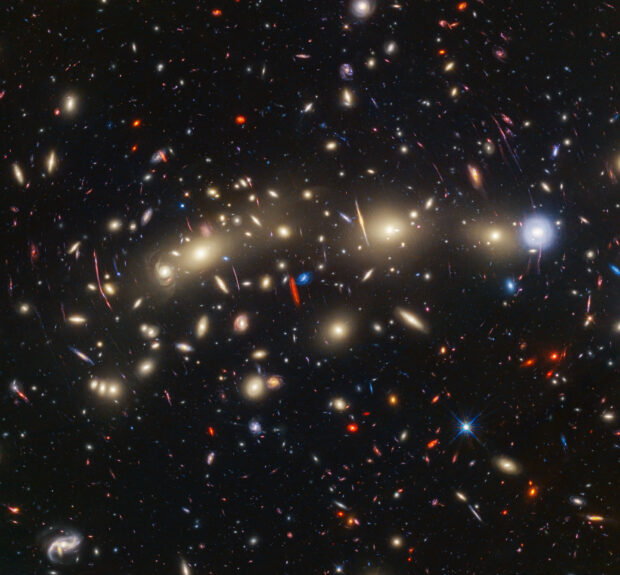
This month brings the solstice on 21 December marking the start of winter, and one of the most prolific meteor showers in the calendar - the Geminids.

This month brings the solstice on 21 December marking the start of winter, and one of the most prolific meteor showers in the calendar - the Geminids.
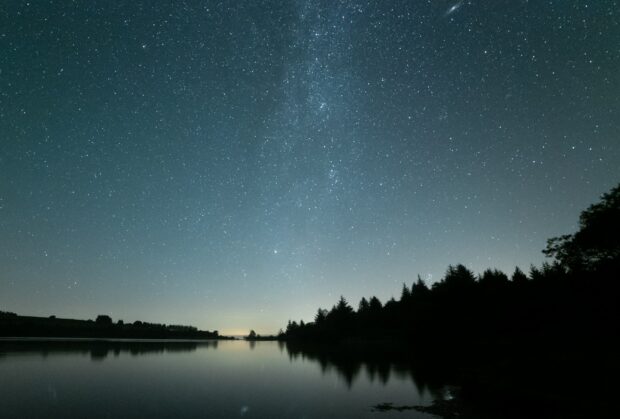
This month brings a great chance to see Jupiter at its brightest, meteors, a host of wonderful stars and constellations, and a chance to see the Moon eclipse Venus!
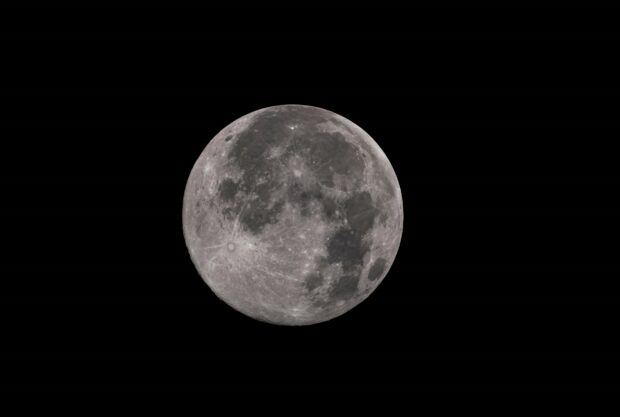
October’s night skies feature a partial lunar eclipse, two meteor showers and a great opportunity to see the gas giant planets of our Solar System, Jupiter and Saturn.
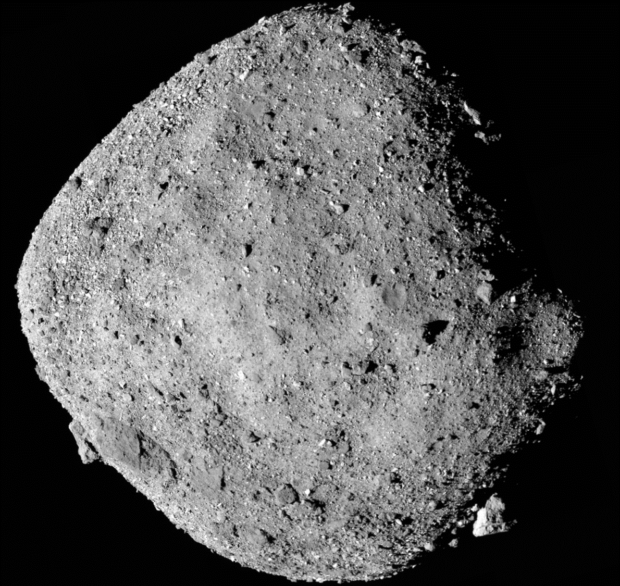
While the summer stars and constellations remain (much like the summer weather recently!), it’s a great month to see the planets Jupiter, Saturn and Venus, and there’s also a chance of spotting a newly discovered comet!
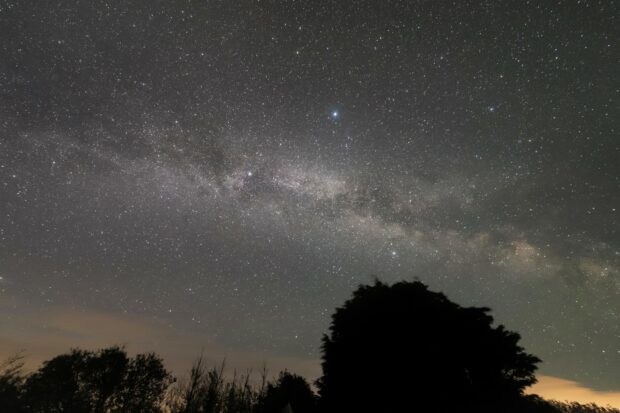
With the Milky Way overhead, Saturn at its brightest, a very exciting meteor shower and the chance to see noctilucent clouds, August is the perfect month for some nights of stargazing!
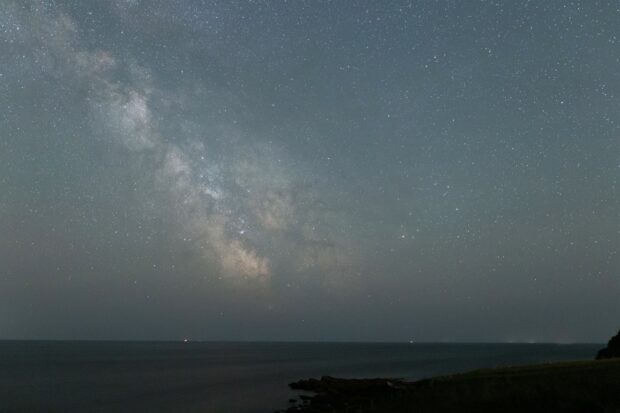
July is a great month for stargazing, including seeing the Milky Way galaxy, a conjunction of the rocky inner planets of our Solar System and two meteor showers.
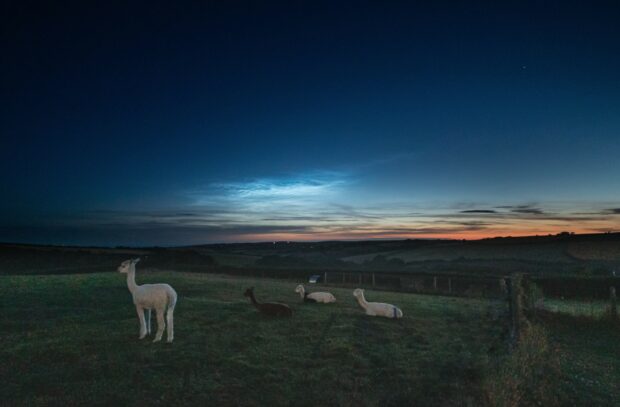
The summer solstice falls on 21 June, marking the start of astronomical summer. Despite the shorter nights, there are many wonderful sights to look out for this month.
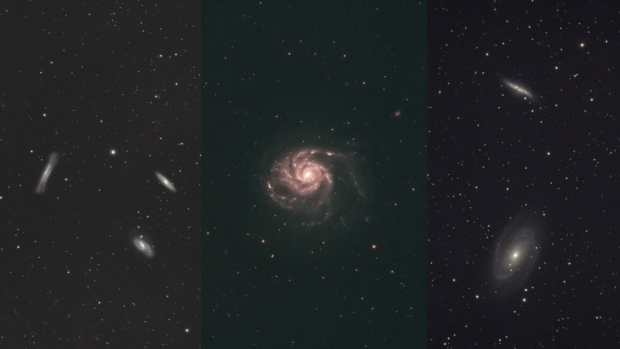
May brings a meteor shower, a conjunction of the Moon with Mars and Venus, and a chance to see the core of our Milky Way Galaxy.
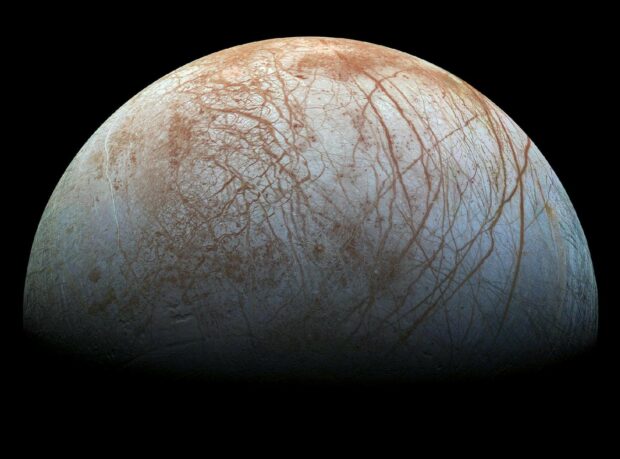
This month sees a promising meteor shower, a wonderful opportunity to see the rocky, inner planets of our Solar System, and some of the most striking stars and constellations in our night sky.
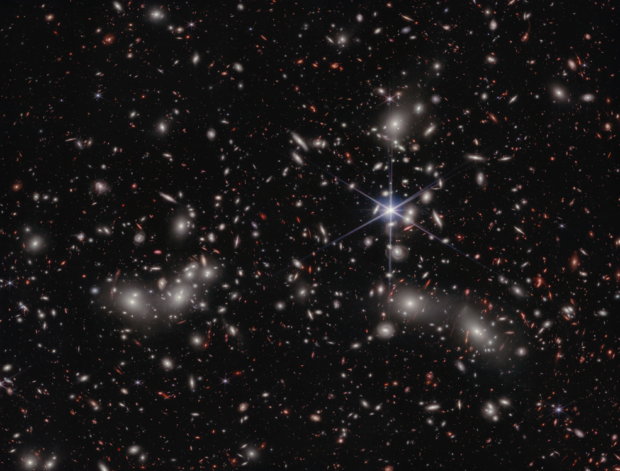
This month sees the transition from winter to spring and is a great time to see the bright stars and constellations that both seasons have to offer.
We boost UK prosperity, understand the Universe, and protect our planet and outer space. Find out more.